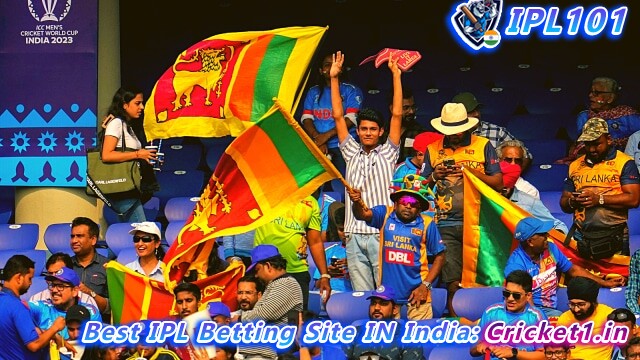
In an unprecedented move, spreading shockwaves through the international cricket community, the International Cricket Council (ICC) has announced the immediate suspension of Sri Lanka Cricket’s (SLC) membership. This drastic step was revealed by the renowned sports governing body on a Friday evening via a concise press statement, which has drawn attention worldwide and left the future of Sri Lankan cricket hanging in the balance.
“The ICC Board met today and determined that Sri Lanka Cricket is in serious breach of its obligations as a Member, in particular, the requirement to manage its affairs autonomously and ensure that there is no government interference in the governance, regulation, and/or administration of cricket in Sri Lanka,” the official statement declared. What this suspension entails and the conditions linked to it remain undetermined, with promises from the ICC Board to outline these stipulations at a later date.
The suspension occurs against the backdrop of a lackluster performance by the Sri Lankan cricket team during their World Cup campaign. The team languishes at the ninth position in the 10-team lineup, managing to clinch victory in only two out of their nine matches. This underperformance set the stage for a storm of discontent and calls for administrative overhauls within the SLC.
The tumult escalated when, early in the week, Roshan Ranasinghe, the Sri Lankan Sports Minister, took the extraordinary step of dismissing the SLC management. In a controversial move, Ranasinghe appointed Arjuna Ranatunga, a venerable figure in Sri Lankan cricket and captain of the 1996 World Cup-winning side, to head a seven-member interim committee tasked with the board’s governance. This decision, however, faced a legal setback and was reversed by Sri Lanka’s Court of Appeal.
Adding to the political thrust against the cricket board, Sri Lanka’s parliament, in a rare show of bipartisan unanimity, passed a resolution that demanded the dissolution of SLC’s managerial body. Members of parliament across the political spectrum backed the resolution, but it proved to be the tipping point that sparked the ICC’s ire.
Historically, the ICC has staunchly maintained a policy against government intervention in national cricket administrations, a policy that Sri Lanka has now been found in violation of. Notably, a similar incident occurred two years prior, when Zimbabwe Cricket faced suspension by the ICC for analogous reasons regarding governmental interferences.
The juxtaposition of the ICC’s firm stance on non-interference with the sweeping actions of the Sri Lankan government and the court’s subsequent involvement has dragged Sri Lankan cricket into an arena of uncertainty. The ICC’s suspension carries not only immediate ramifications for SLC’s status but also potential long-term implications for the sport’s development and international standing in Sri Lanka.
As it stands, the cricket-loving nation, rich in talent and with a storied past filled with remarkable achievements, now faces an uncertain future. The world awaits further announcements from the ICC for details on the suspension’s conditions and hopes for a prompt resolution that would enable Sri Lanka to restore the autonomy of its cricket administration. This development serves as a sobering reminder of the delicate balance between sports governance and political intervention—a balance that when disrupted, can lead to far-reaching consequences that resonate beyond the cricket pitch.

